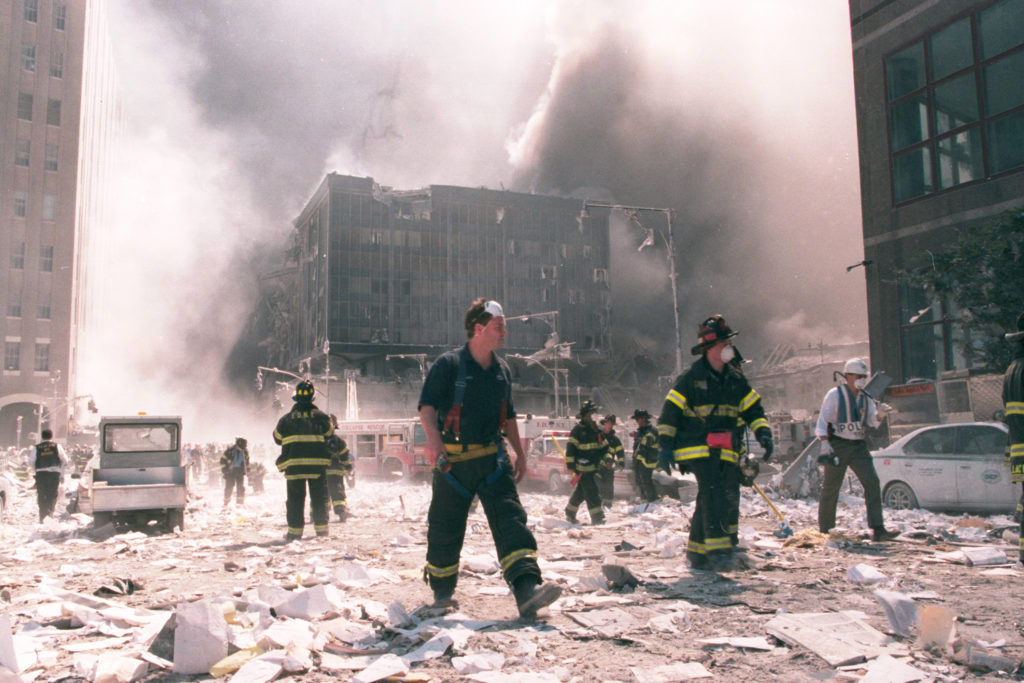Deadline for 9/11 Fund Renews Push to Register All
"Every year it gets harder."

 This article was originally published on by THE CITY
This article was originally published on by THE CITY
Professor Yvonne Phang wasn’t at work on Sept. 11, 2001. But in the months afterward, as she taught at Borough of Manhattan Community College in Lower Manhattan, the remnants of the attack were all around her.
“There were times when I was teaching where every student and myself — we had our mouths covered,” the accounting instructor said. “When the wind was blowing in the wrong direction, we smelled it in the classroom on the sixth floor.”
Particles from the nearby World Trade Center site were everywhere, as she saw in the “white haze” illuminated by the flood lights set up around Ground Zero, she said. Her nose and eyes burned. But she got no formal medical treatment.

Brooklyn Boro
View MoreNew York City’s most populous borough, Brooklyn, is home to nearly 2.6 million residents. If Brooklyn were an independent city it would be the fourth largest city in the United States. While Brooklyn has become the epitome of ‘cool and hip’ in recent years, for those that were born here, raised families here and improved communities over the years, Brooklyn has never been ‘uncool’.